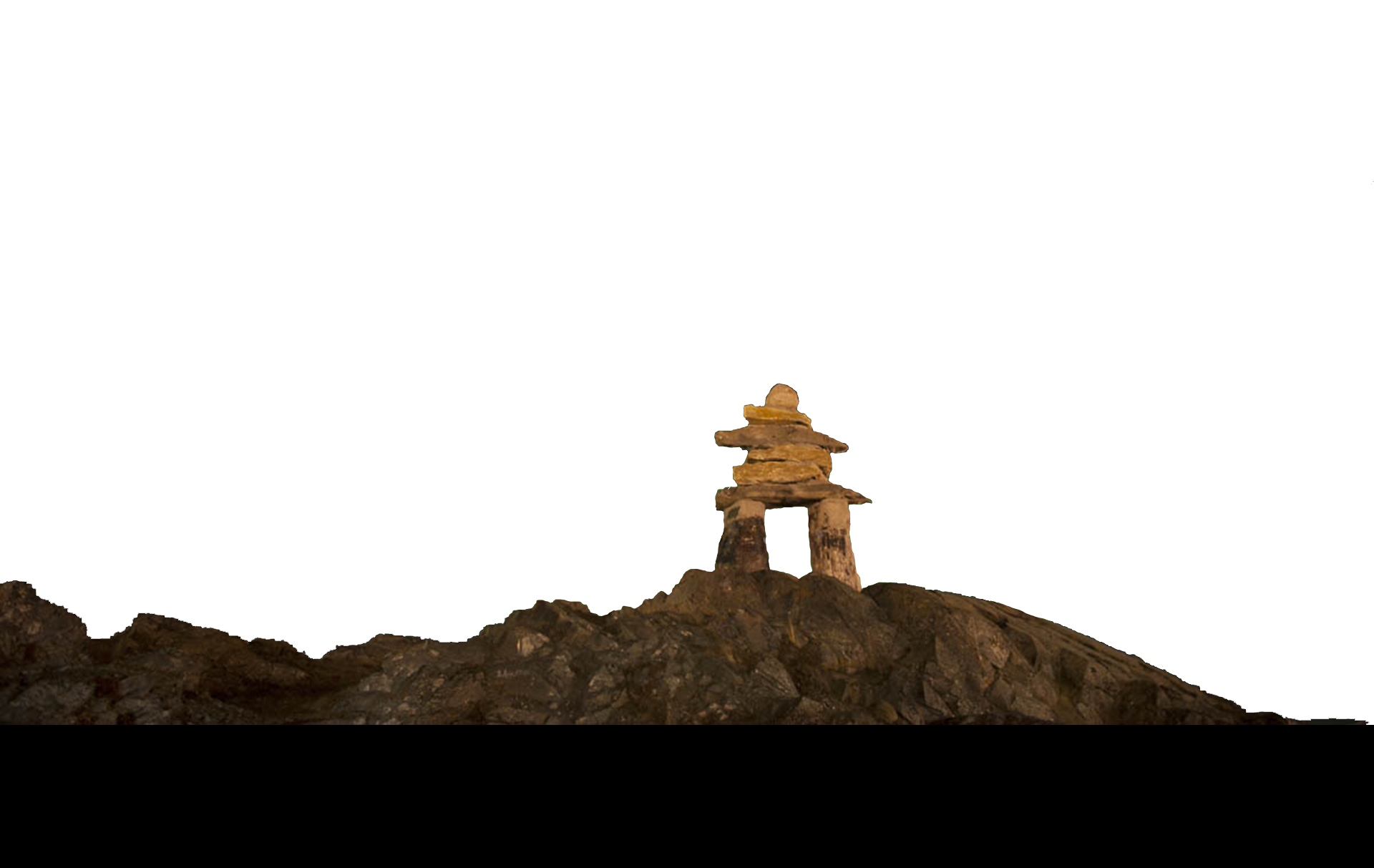




Space Climate 7 Meeting Abstract
New reconstruction of the solar UV flux since 1950 from observations
Thierry Dudok de Wit (University of Orléans)
M. Kretzschmar (University of Orléans)
The long-term evolution of the solar UV flux is dearly needed for making climate reconstructions. Solar irradiance models are routinely used for that purpose. However, while such models have been shown to be in good agreement with recent irradiance observations, their capacity to properly reconstruct long-term changes in the UV flux before the 1990's remains a major open question.Many attempts have been made to infer past UV variations from proxy data. Here, we concentrate on the solar rotational (27 day) variability, which is connected to the solar cycle (11 year) variability. Our study is based on daily multi-wavelength radio observations from the Nobeyama, Toyokawa, Ottawa and Penticton observatories which, together, provide a unique and well-calibrated view of solar activity since the 1950s. Using blind source separation, we show that their rotational variability has three major contributions, one of which is directly associated to UV-emitting solar features while the other is linked to sunspots. From these, our reconstruction of the UV rotational variability is in excellent agreement with direct irradiance observations and with irradiance models. However, reconstructions prior to the 1980's deviate significantly from what irradiance models give.
Taken together, these results suggest that long-term changes in the sunspot/facula ratio may lead to stronger variations than expected in the solar UV output.
Mode of presentation: oral (Need to be confirmed by the SOC)
